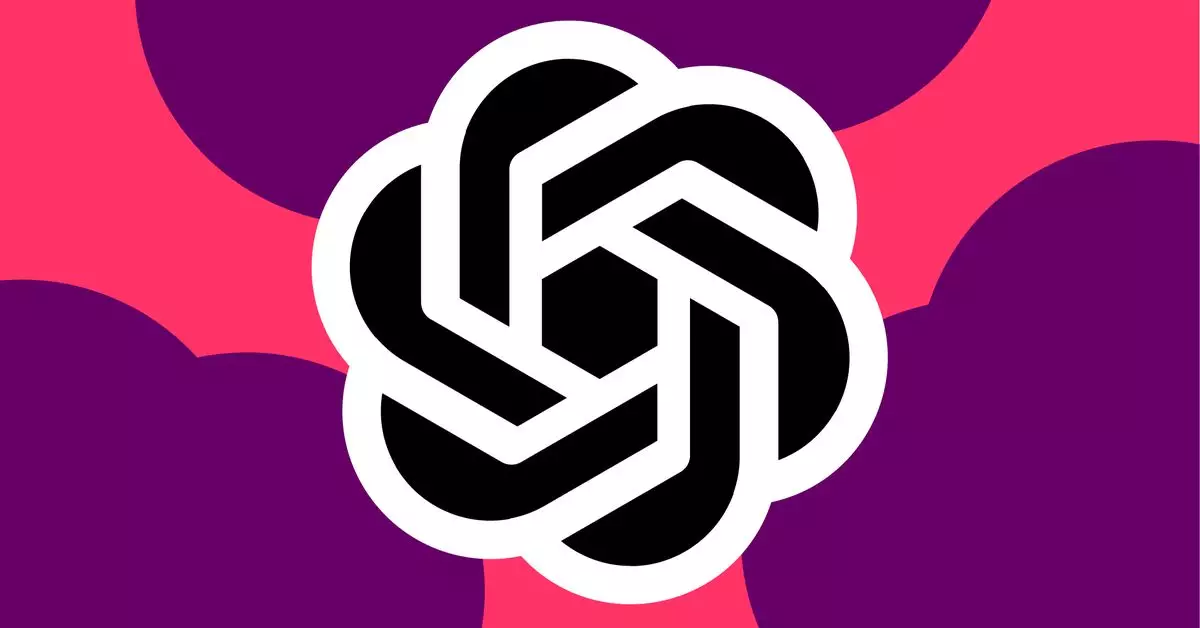On a Thursday afternoon, a significant disruption affected the functionality of OpenAI’s popular chatbot, ChatGPT, rendering it unresponsive for numerous users. Reports indicated that the outage began around 1:30 PM ET, sparking a wave of complaints and technical issues that users reported through platforms like Down Detector. The situation escalated quickly, drawing attention to the reliance on AI tools in our increasingly digital world.
The problems were compounded when users encountered an “internal server error” message while attempting to access the service. This prompted OpenAI to issue a status update at 2 PM ET, revealing that not only was ChatGPT impacted, but also the API and an associated text-to-video generator named Sora. As the day progressed, the situation showed signs of partial recovery by 6:15 PM ET, with Sora reported as fully operational and ChatGPT beginning to recover.
OpenAI’s acknowledgment of the outage highlights the growing pains that come with leading-edge technology. The nature of the issue remained somewhat ambiguous, primarily attributed to an “upstream provider” problem. Intriguingly, Microsoft, OpenAI’s cloud service partner, disclosed a separate power incident at one of its datacenters, coinciding with the timing of the outages reported by OpenAI users. This connection raises important questions about the infrastructure underpinning AI services and the risks associated with dependency on cloud computing.
The commentary from Microsoft regarding the “power issue” that affected multiple services, including Xbox cloud gaming, underscores the interconnectedness of technology providers and the complex web of services that can lead to large-scale outages. These incidents serve as a reminder that the infrastructure supporting AI technologies must be robust and resilient to avoid disruption in service or functionality.
For users reliant on AI for various applications—ranging from casual usage to critical business tasks—the vulnerability demonstrated by the ChatGPT outage can be concerning. The issues experienced were not isolated, as there have been similar outages in prior months, including technical issues shortly after the release of Sora, prompting a question about the stability of these emerging tools.
Given the rapid advancements in AI technology, it is essential for companies like OpenAI to not only focus on developing high-performance tools but also ensure that their operational stability and support infrastructure can withstand unforeseen technical challenges. This incident provides an opportunity for reflection on best practices for disaster recovery, user communication, and the overall user experience when relying on cloud-based AI services.
The recent outage of ChatGPT serves as both a warning and a lesson for technology providers and users alike. As our dependency on AI systems grows, so does the urgency for provider transparency and robust infrastructure. Future developments should prioritize not just innovation but also the implementation of strategies that ensure reliability, to maintain user trust and operational efficiency in what is an increasingly integral aspect of modern life.

